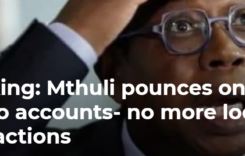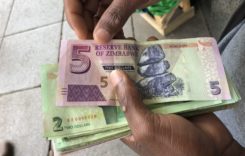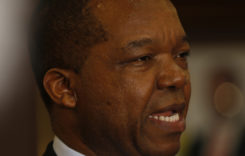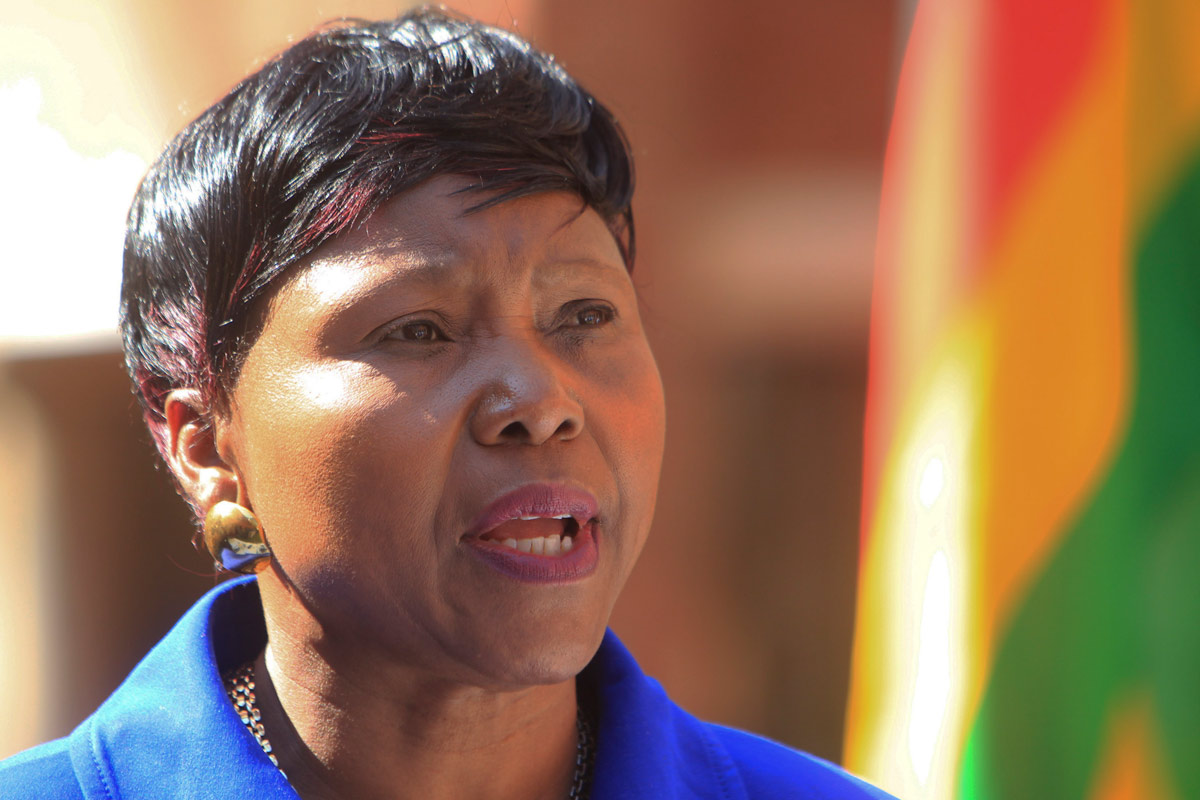
By Abigail Gamanya
The Zimbabwe general elections have come and gone. Almost all key government positions have been filled and there is now enough data to assess where the country stands on the advancement of women in political governance, public administration and the general struggle for gender equality.
This summary of the facts and figures from the July 30 2018 presidential, parliamentary and council elections shows Zimbabwe still falls significantly short of the targeted 50/50 ratio with men in the representation of women in governance structures at both national and local government levels.
A review of these elections also shows that both the media and women have some serious work to do in using the media as a platform for the promotion of political, economic and social rights.
That work includes the accommodation of diverse voices and views, skilful communication and the recognition of the role of women in democracy and development in a world in which the media has increasingly become a big factor.
What does the gender scorecard say at the moment?
The presidency:
The Head of State President and his two deputies are men.
Cabinet ministers:
Male – 16
Female – 5
Ministers of state in the Vice Presidents’ Offices:
One male and one female
Deputy ministers:
Male – 13
Female – 2
Provincial ministers:
Male – four
Female – five
NOTE: Minister for Harare Metropolitan still to be appointed.
Parliamentary leadership
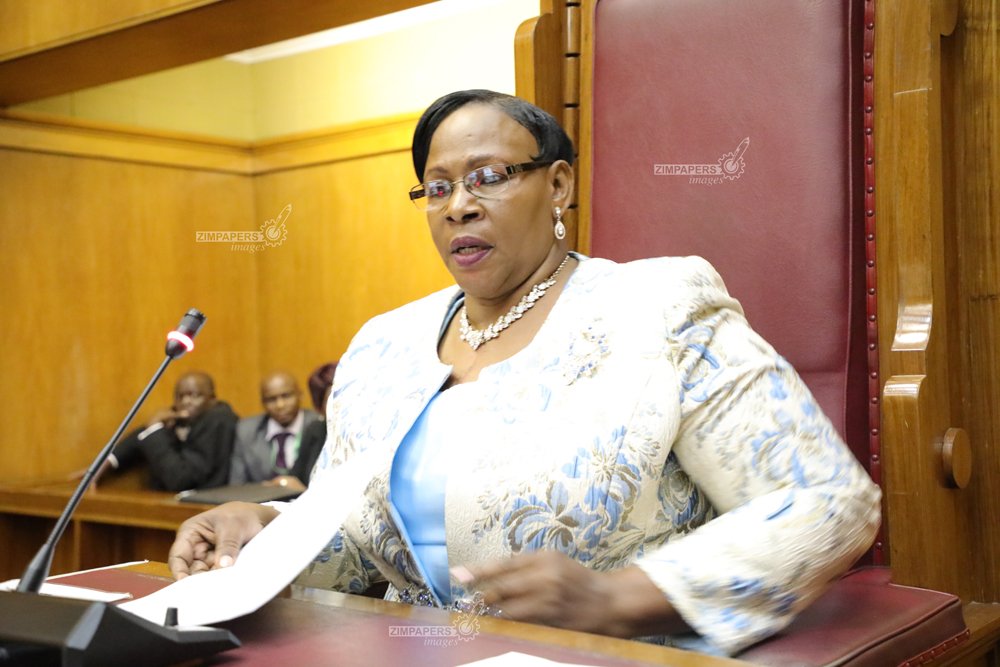
National Assembly:
Speaker of the National Assembly (Jacob Mudenda) – Male
Deputy Speaker of the National Assembly (Tsitsi Gezi) – Female
Chief Whip of the governing ZANU PF Party (Pupurai Togarepi) – Male
ZANU PF Deputy Chief Whip (Obedingwa Mguni) – Male
Chief Whip of the opposition MDC Alliance (Prosper Mutseyami) Male
MDC Alliance Deputy Chief Whip (Nomathemba Ndlovu) Female
The Senate:
President of the Senate (Mabel Chinomona) Female
Deputy President of the Senate (Mike Nyambuya) Male
Chief Whip of the governing ZANU PF Party –
ZANU PF Deputy Chief Whip (Tsitsi Muzenda) Female
Chief Whip of the main opposition MDC Alliance (Lilian Timveos) Female
MDC Alliance Deputy Chief Whip (Herbert Sinampande) Male
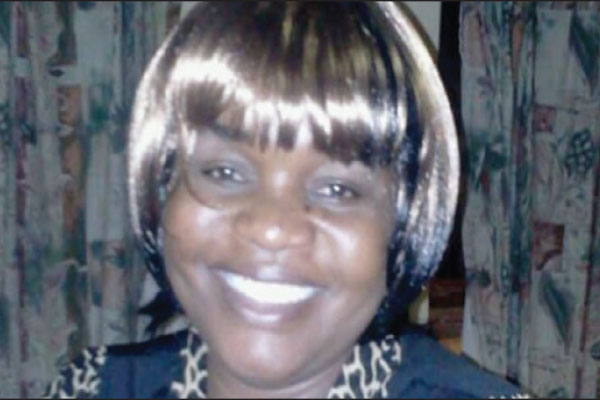
Mayors of 12 major towns:
Angeline Kasipo of Kwekwe is the only female mayor out of 12 mayors who preside over Council affairs in Zimbabwe’s major towns.
Harare Herbert Gomba
Bulawayo Solomon Mguni
Gweru Josiah Makombe
Mutare Blessing Tandi
Kwekwe Angeline Kasipo
Masvingo Collins Maboke
Kadoma Action Nyamukondiwa
Chitungwiza Gift Tsverere
Chinhoyi Dyke Makumbi
Bindura Carlos Tokyo
Gwanda Jastone Mazhale
Victoria Falls Somvelo Dhlamini
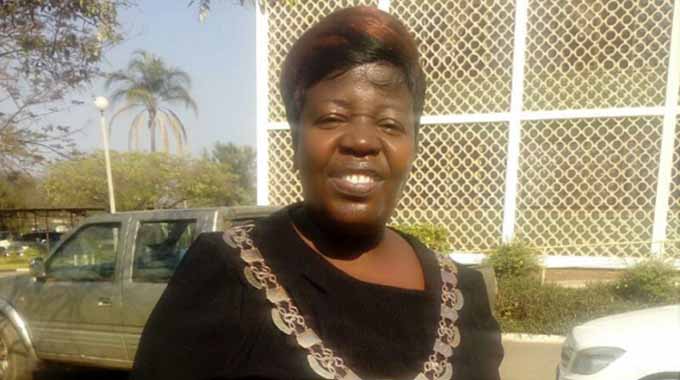
Conclusion:
While the number of women currently in Zimbabwe’s governing structures compares reasonably well with other countries in the Southern African region and on the African continent, they remain way off the target of the 50/50 ratio with men.
The programme towards gender equality requires a national effort by almost sections of Zimbabwe, including a media that highlights the critical issues at stake and the work that must be done.
AUTHOR: Abigail Gamanya is the director of Gender Media Connect (GMC), an organisation promoting the rights of women in the media and use of the media by women.
Do you want to use our content? Click Here





